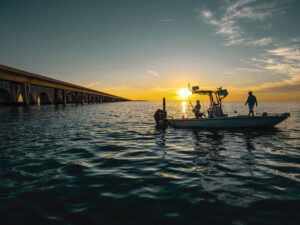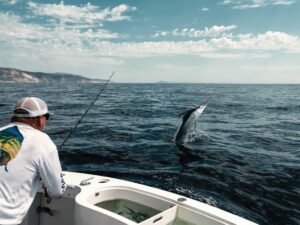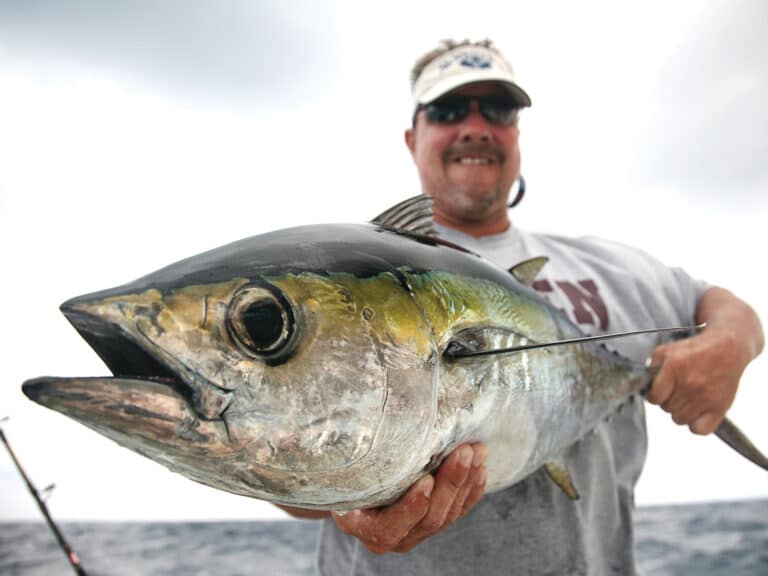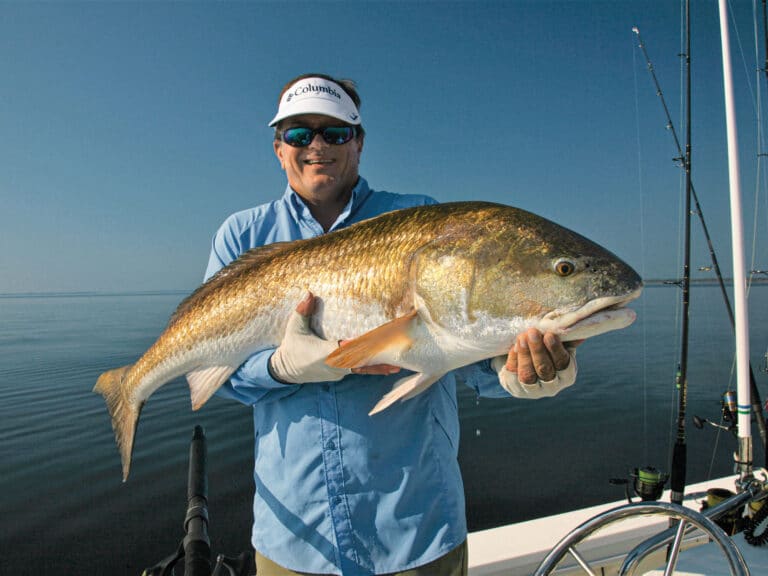Recreational boaters face the highest risk of dying in boating accidents during the winter months according to the most recent U.S. Coast Guard statistics, though fewer accidents occur during those months.
Nearly one quarter of all boating accidents reported in November and
December 2003 resulted in a fatality. This is compared with seven percent
in July, the busiest month for recreational boating activity.
“Many boaters believe the risks are highest during the warmer months, when
waterways are more crowded,” said Rear Adm. J.W. Underwood, U.S. Coast Guard director of operations policy. “Our statistics show the opposite boaters
are most at risk of dying during the colder months. Boating safety should
be a concern throughout the entire year, not just during peak boating
season.”
Hypothermia is the leading cause of cold-water boating fatalities and the
primary reason the fatality rate is higher in winter. Hypothermia is caused
by a decrease in the core body temperature to a level at which normal
muscular and cerebral functions are impaired. This can lead to loss of
motor ability and unconsciousness.
The most important safety precaution a boater can take to prevent hypothermia is to dress appropriately. Layered clothing combined with a float coat, a full jacket that protects against the elements and has the buoyant properties of a lifejacket, will increase a boater’s chances of survival if they are stranded or wind up in cold water. Anti-exposure coveralls or cold water immersion suits are ideal because they combine protection against hypothermia with the buoyancy of a lifejacket.
“Accidents happen much faster than boaters realize,” says Underwood. “Warm
clothing won’t make a difference if you’re knocked unconscious and wind up
in the water without a lifejacket.”
The Coast Guard asks boaters to take full responsibility for the safety of
themselves and their passengers. The Coasts Guard’s message to boaters is
“You’re in Command. Boat Responsibly!” This means always wearing a
lifejacket and requiring your passengers do as well; never boating under the
influence, taking a safe boating course and getting a vessel safety check from your local U.S. Coast Guard Auxiliary or United States Power Squadrons®. Boaters who are in command and responsible for their vessel’s safe operation are crucial to reducing the number of boating accidents and fatalities.
For more information on boating responsibly, go to:
www.USCGboating.org
www.VesselSafetyCheck.org
U.S. Coast Guard Infoline 1-800-368-5647









